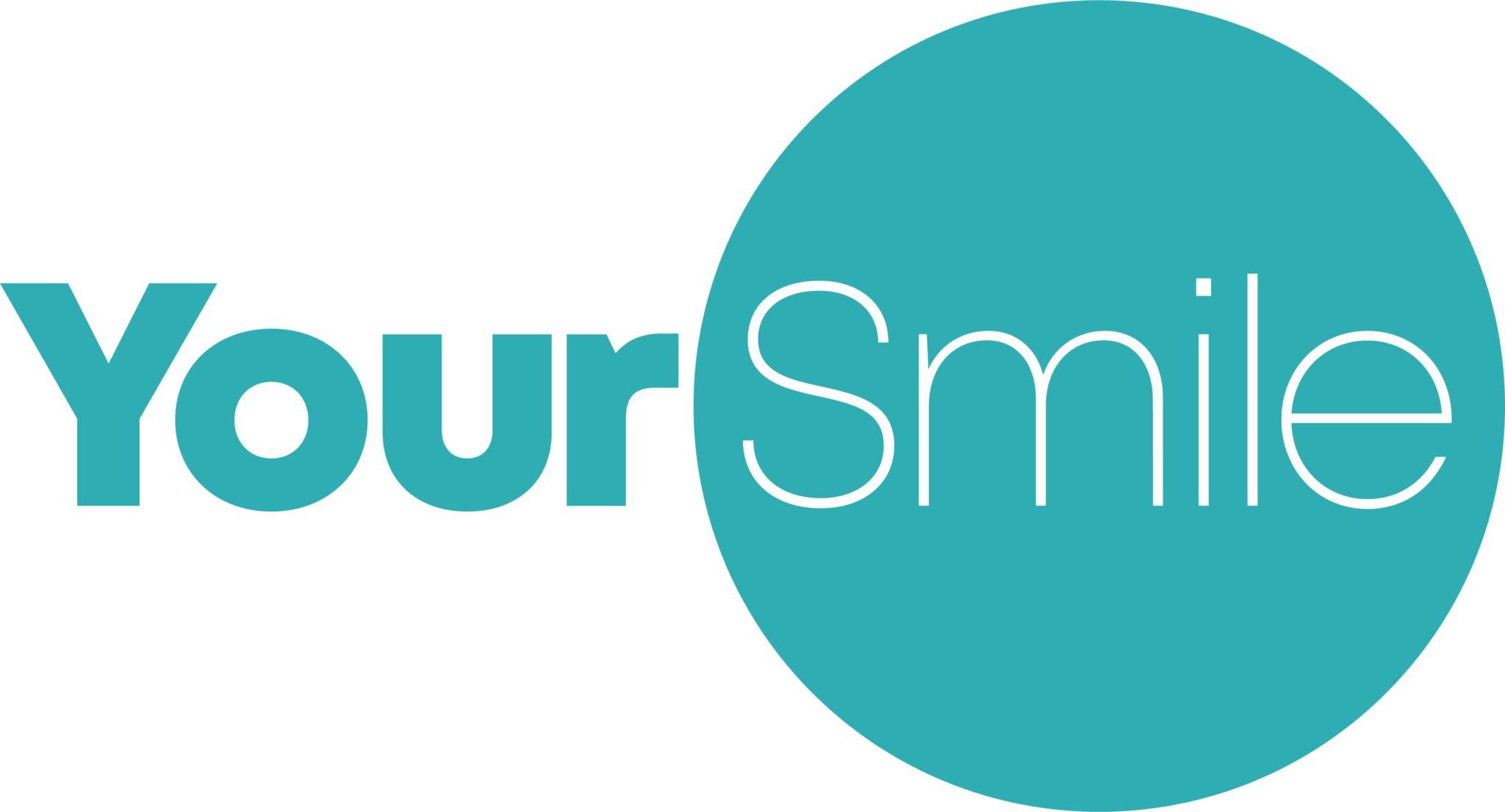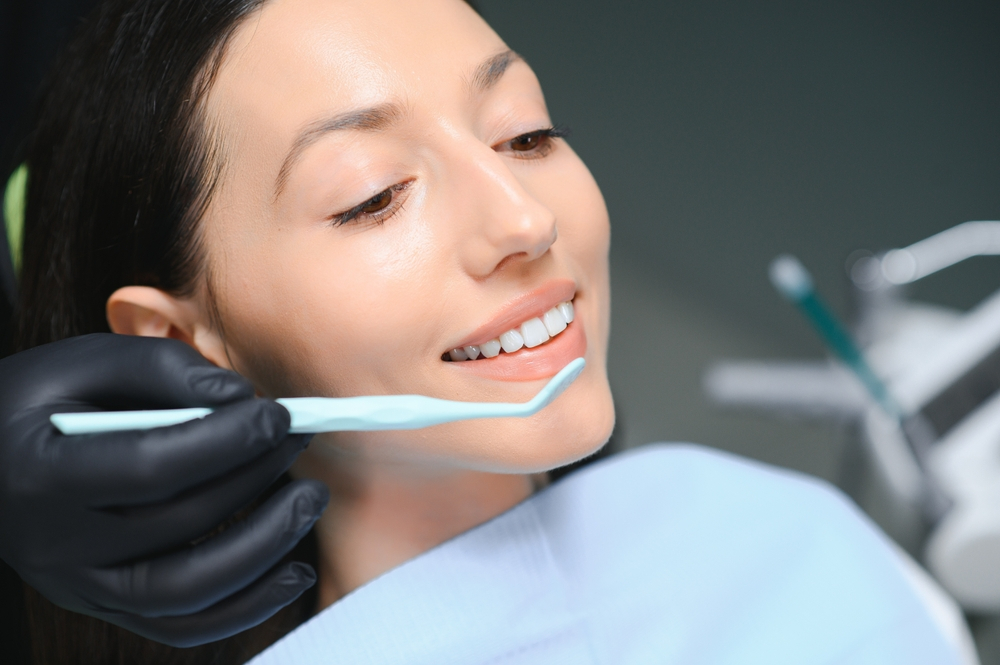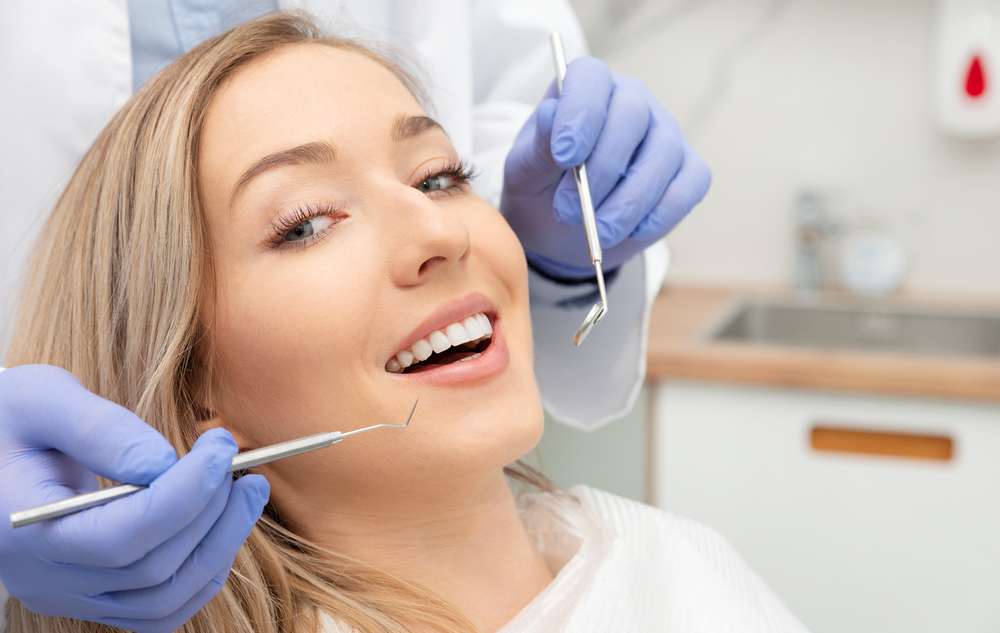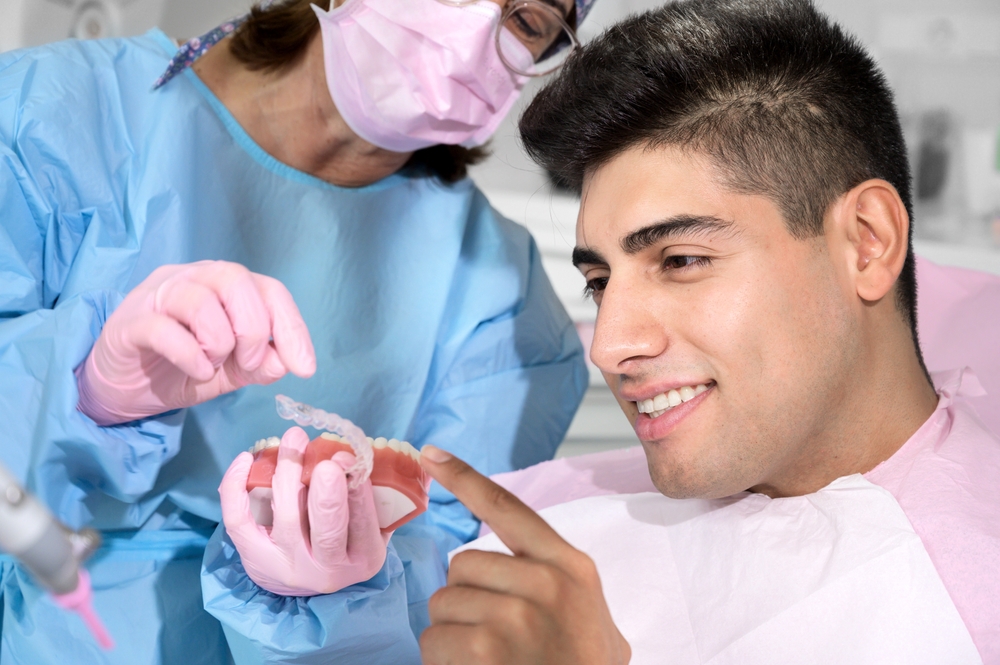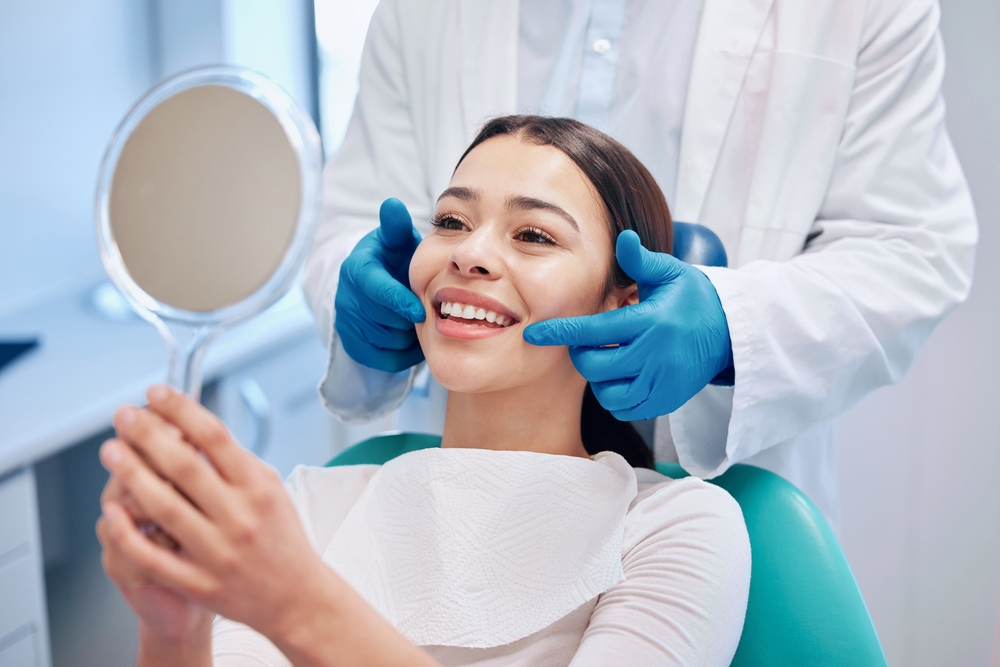Taking care of our dental health is essential for maintaining overall well-being. Dental cleanings are a crucial aspect of oral hygiene, yet many myths and misconceptions surround these professional teeth cleaning and routine procedures. In this blog, we will debunk these common myths and shed light on the importance of regular dental cleanings, and the benefits of teeth cleaning by dentists. Understanding the truth behind these misconceptions will help you make informed decisions about your dental care and maintain a healthy and radiant smile.
Table of Contents
ToggleProfessional Teeth Cleaning Is Just About Appearance
“I brush and floss regularly, so I don’t need dental cleanings.”
While brushing and flossing are vital components of daily oral hygiene, they are not enough to ensure comprehensive dental care. Dental cleanings performed by a professional hygienist or dentist remove plaque and tartar buildup that cannot be effectively eliminated at home. Neglecting regular dental cleanings may lead to gum disease, cavities, and other serious dental issues.
“Dental cleanings are painful and uncomfortable.”
The fear of pain and discomfort is a common reason why some people avoid dental cleanings. Dental professionals use gentle and efficient tools to remove plaque and tartar, causing minimal discomfort. Additionally, they can apply local anaesthesia if necessary to ensure a painless experience.
“I don’t have any dental issues, so I don’t need dental cleanings.”
Plaque and tartar buildup can occur even in the absence of noticeable symptoms, and over time, they can lead to more severe conditions like gum disease and tooth decay. Dental cleanings not only help keep your teeth clean and bright but also allow your dentist to detect any early signs of potential dental problems. Catching issues early on makes treatment easier and less costly, saving you from potential discomfort and financial burden down the road.
Teeth Cleaning Causes Enamel Damage
“Teeth cleaning weakens enamel.”
Professional dental cleanings are specifically designed to remove plaque and tartar buildup from the surface of your teeth and along the gumline. The tools used by dental hygienists are gentle and precise, targeting only the hardened deposits without harming the enamel. In fact, regular cleanings help maintain healthy enamel by preventing the accumulation of harmful bacteria and acids that can erode it over time.
“I should avoid teeth cleanings to protect my enamel.”
On the contrary, skipping dental cleanings can lead to more significant enamel damage. Plaque and tartar harbour harmful bacteria that produce acids, leading to tooth decay and enamel erosion. By scheduling regular cleanings, you ensure that any buildup is promptly removed, preserving your enamel and overall oral health.
There’s No Need for Concern if Your Teeth Look Healthy
“My teeth look fine, so I don’t need dental cleanings.”
Even if your teeth appear healthy, there may be hidden issues beneath the surface. Plaque and tartar can accumulate in areas that are not visible, such as between teeth and below the gumline.
“Healthy teeth don’t require professional attention.”
Dental cleanings serve multiple purposes beyond aesthetics. They remove harmful deposits, prevent cavities, reduce the risk of gum disease, and allow your dentist to identify early signs of potential issues.
Home Remedies Are as Effective as Professional Cleaning
“I can achieve the same results with home remedies.”
While home remedies for teeth cleaning like oil pulling, baking soda, or hydrogen peroxide rinses may have some benefits, they cannot replace professional dental cleanings. Home remedies primarily target surface stains and bacteria.
Professional cleanings, on the other hand, reach deeper areas, removing stubborn plaque and tartar buildup that home remedies cannot adequately address.Dental hygienists use specialised tools to precisely clean each tooth and the gumline. Professional cleanings also focus on gum health, which is crucial for preventing gum disease.
“I can skip professional cleanings if I brush and floss regularly.”
Regular brushing and flossing are essential, but they cannot replace professional cleanings. Here’s why:
- Even with excellent oral hygiene, certain areas remain difficult to clean thoroughly. Dental professionals can access these hidden spots during cleanings.
- Plaque and tartar accumulate over time, regardless of how well you brush and floss. Professional cleanings remove these deposits, preventing dental issues.
Teeth cleaning is unnecessary if you brush and floss regularly
“I can skip professional cleanings if I brush and floss regularly.”
While maintaining good oral hygiene through regular brushing and flossing is crucial, it does not replace professional dental cleanings. Here’s why:
- Even with diligent oral care, certain areas remain difficult to clean thoroughly. Dental professionals can access these hidden spots during cleanings, ensuring a comprehensive removal of plaque and tartar.
- Plaque and tartar accumulate over time, regardless of how well you brush and floss. Professional cleanings remove these deposits, preventing dental issues.
Bleeding Gums Aren’t Anything to Worry About
“It’s normal for my gums to bleed during brushing or flossing.”
While some people believe this, bleeding gums are not normal. In fact, they can indicate underlying issues such as gum disease (gingivitis or periodontitis). Regular dental cleanings help prevent gum disease by removing plaque and tartar, reducing the risk of bleeding gums. If your gums bleed consistently, consult your dentist for proper evaluation and advice.
“I can ignore bleeding gums; it’s not a big deal.”
Ignoring bleeding gums can lead to more severe gum disease, tooth loss, and other health complications. Dental cleanings play a crucial role in maintaining healthy gums. They remove irritants, promote gum health, and prevent bleeding.
Teeth cleaning is only for adults
“Children don’t need professional teeth cleanings.”
Dental cleanings are essential for everyone, regardless of age. Children benefit from cleanings to prevent cavities, monitor oral development, and establish good oral hygiene habits. Paediatric dental cleanings are gentle and age-appropriate, ensuring a positive experience for young patients.
“Baby teeth don’t require cleanings.”
Baby teeth play a vital role in speech development, nutrition, and guiding permanent teeth. Regular cleanings help maintain healthy baby teeth, prevent decay, and promote overall oral health. Neglecting baby teeth can lead to early childhood cavities and affect permanent teeth.
Teeth Cleaning Can Lead to Tooth Sensitivity
“Teeth cleaning makes my teeth sensitive.”
While some people experience temporary sensitivity after a dental cleaning, it is not a reason to avoid cleanings altogether. Here’s why:
- Removal of Plaque and Tartar: Dental cleanings involve removing plaque and tartar buildup from your teeth. This process can expose sensitive areas, especially if you have thin enamel or receding gums.
- Temporary Sensitivity: Sensitivity after a cleaning usually subsides within a day or two. Using a desensitising toothpaste or avoiding extremely hot or cold foods during this time can help manage any discomfort.
Benefits of Professional Teeth Cleaning
- Plaque and Tartar Removal: Dental professionals use specialised tools to thoroughly remove plaque and tartar, which cannot be achieved through regular brushing alone. This prevents cavities and gum disease.
- Gum Health: Cleanings focus on gum health, reducing the risk of gingivitis and periodontitis. Healthy gums are essential for overall oral well-being.
- Brighter Smile: Cleanings remove surface stains, leaving your teeth cleaner and brighter.
- Fresh Breath: Removing bacteria and buildup contributes to fresher breath.
Importance of Regular Dental Check-ups
- Early Detection of Issues: Regular dental check-ups allow your dentist to identify any dental problems early on. Whether it’s a cavity, gum disease, or oral cancer, catching these issues in their initial stages makes treatment more effective and less invasive.
- Professional Cleaning: While daily brushing and flossing are essential, they cannot replace professional dental cleanings. Dental hygienists use specialised tools to remove plaque and tartar buildup, ensuring optimal oral health. Regular cleanings prevent gum disease, cavities, and enamel damage.
Conclusion
Don’t fall for common myths surrounding teeth cleaning procedures. Regular dental cleanings are essential for maintaining healthy teeth, gums, and overall oral well-being. Professional teeth cleaning is essential for maintaining optimal oral health. It goes beyond appearance, addressing hidden areas, preventing enamel damage, and ensuring overall well-being. While home remedies can complement your routine, they should not replace professional care. Do schedule regular dental cleanings with your dentist in Charlestown to keep your smile healthy and bright!
FAQs:
During a teeth cleaning appointment, you can expect the following:
- Initial Exam: The dental hygienist will examine your teeth and gums to assess your oral health.
- Plaque and Tartar Removal: Specialised tools will be used to remove plaque and tartar buildup from your teeth, preventing cavities and gum disease.
- Professional Brushing and Flossing: The hygienist will perform professional brushing and flossing to ensure thorough cleaning.
- Fluoride Treatment: Some offices offer fluoride treatment to strengthen your teeth.
- Dentist Examination: Your dentist will examine your teeth and gums, looking for signs of oral problems and providing personalised advice.
Visiting a dentist “regularly” for a cleaning is a must for personal hygiene and overall disease-free dental health. For most people, this means a visit every 6 months. However, if you are at a higher risk for gum disease, more frequent visits may be necessary.
While it’s common to find your gums bleeding after a dental cleaning, it isn’t “normal” if you have healthy gums. Causes of bleeding gums after cleaning include:
- Gum Disease: Gingivitis or gum disease can cause bleeding, especially when deeper cleaning is performed.
- Incorrect Flossing Technique: Flossing straight up and down instead of in a C shape can lead to bleeding.
- Other Factors: Medications, dry mouth, or underlying issues may contribute to bleeding gums. If bleeding persists, consult your dentist for proper diagnosis and treatment.

Dr David Sweeney
For over 20 years, David has been practising dentistry with positive documented results. When establishing Your Smile, he wanted an environment where patients would feel comfortable and relaxed as soon as they walked in. He treats everyone like a family member and has the ability to make everybody feel at ease.
